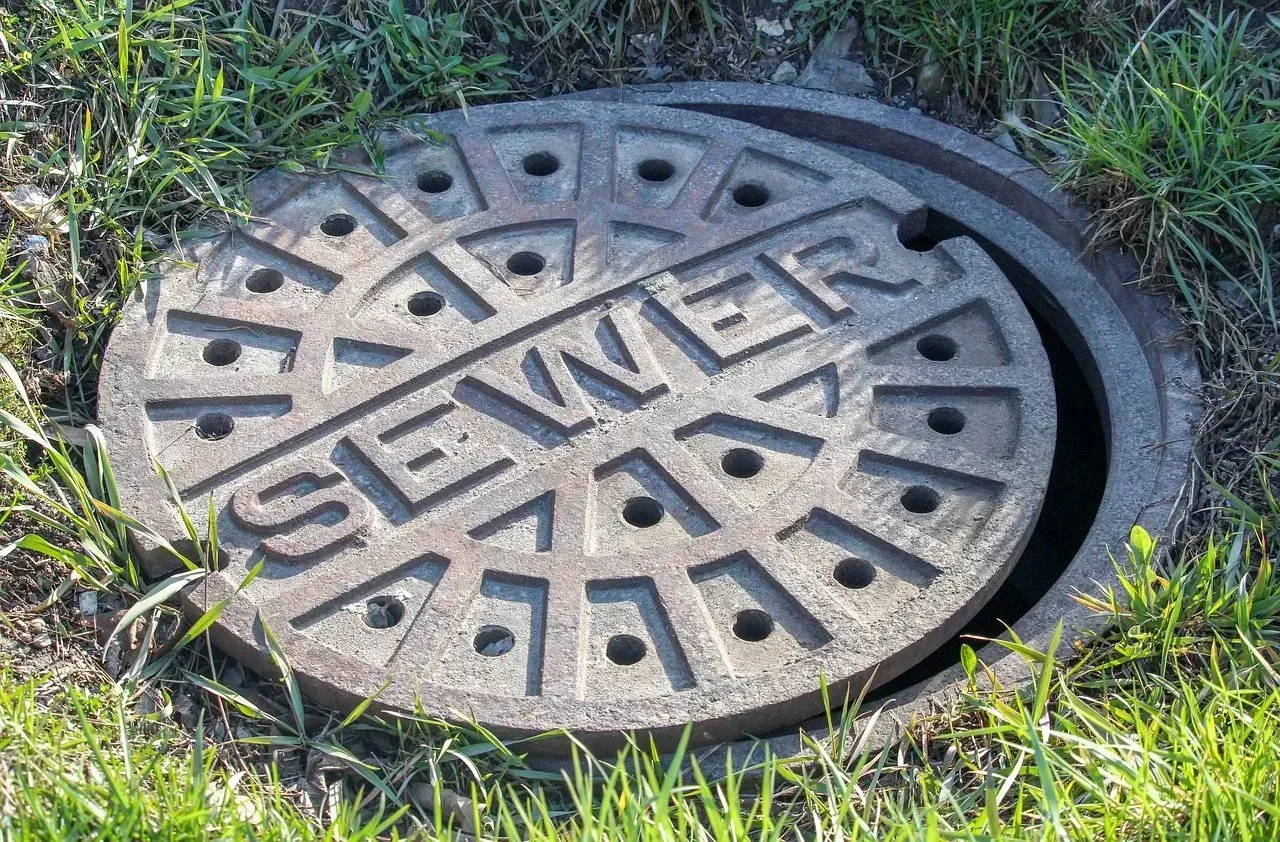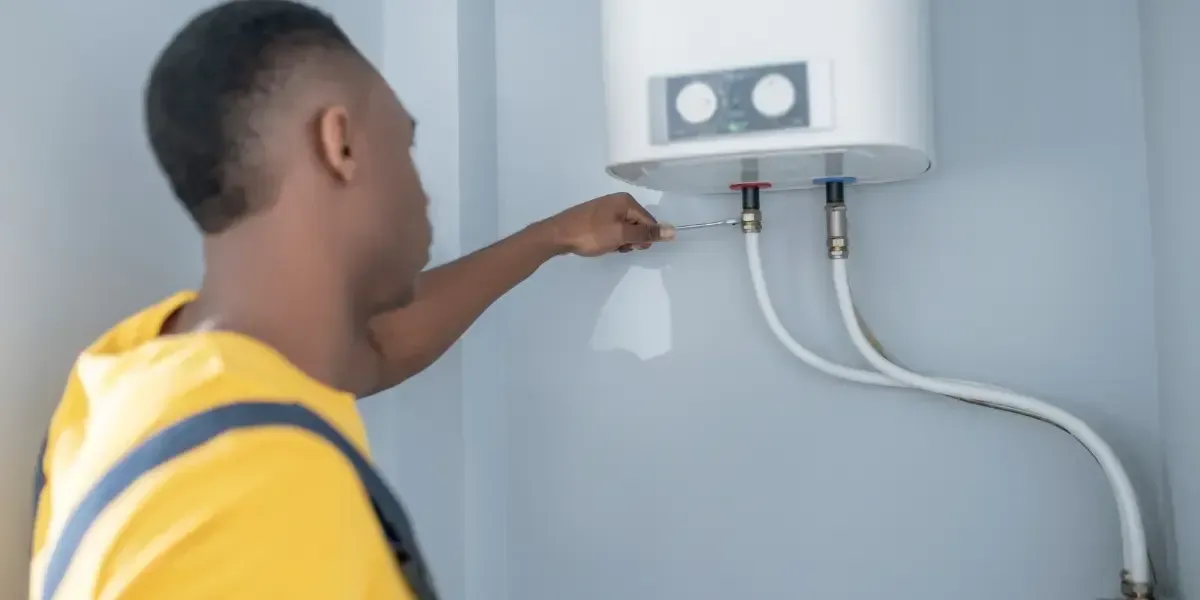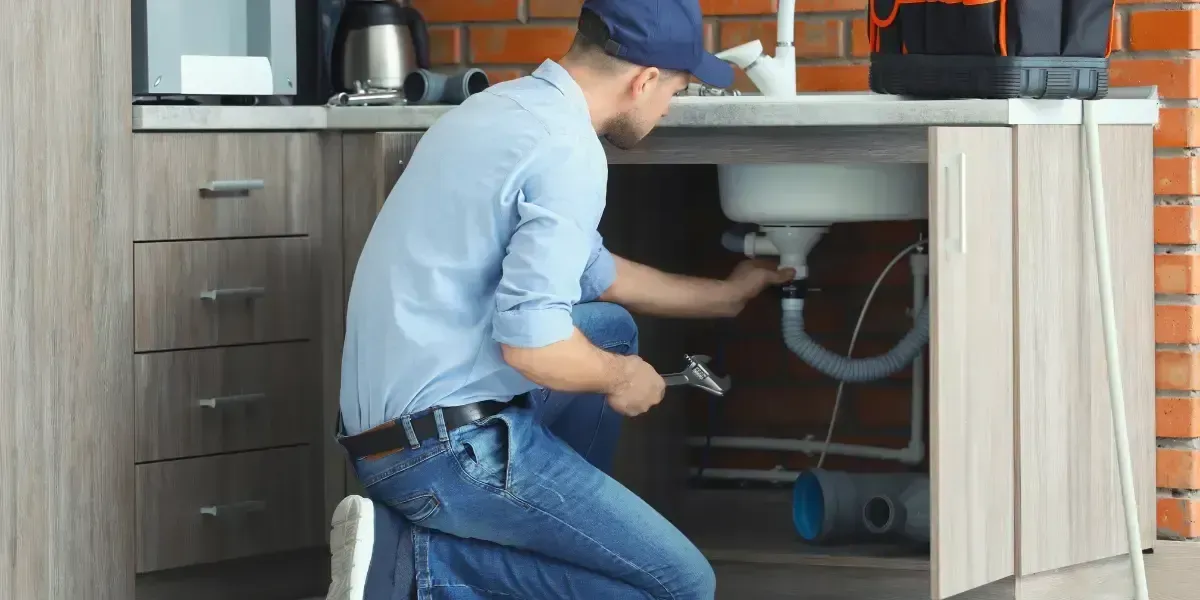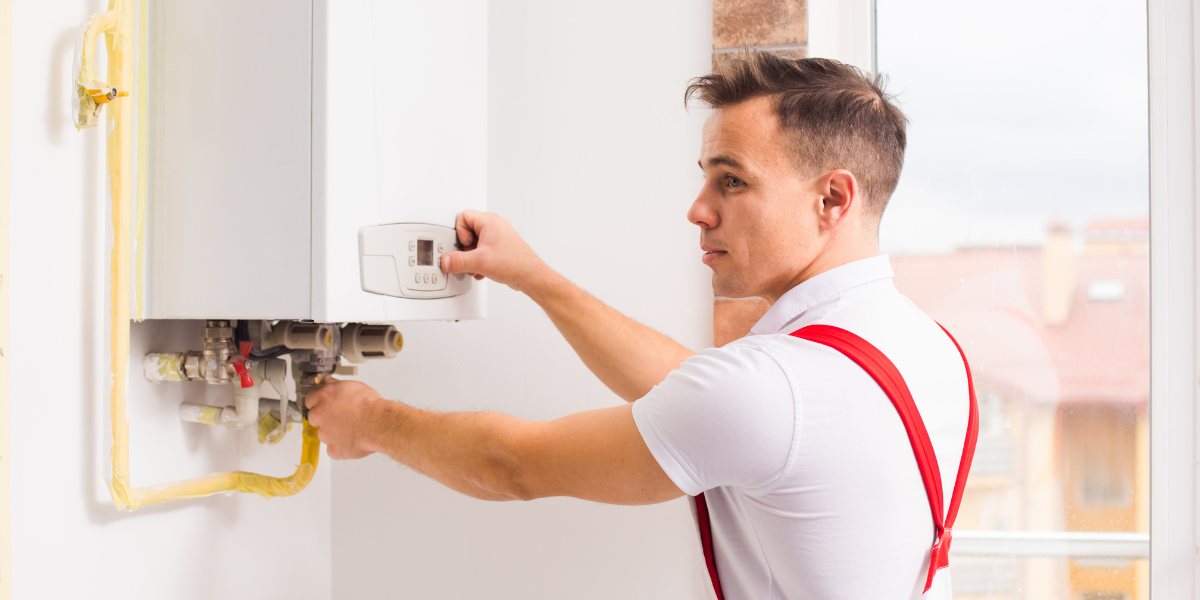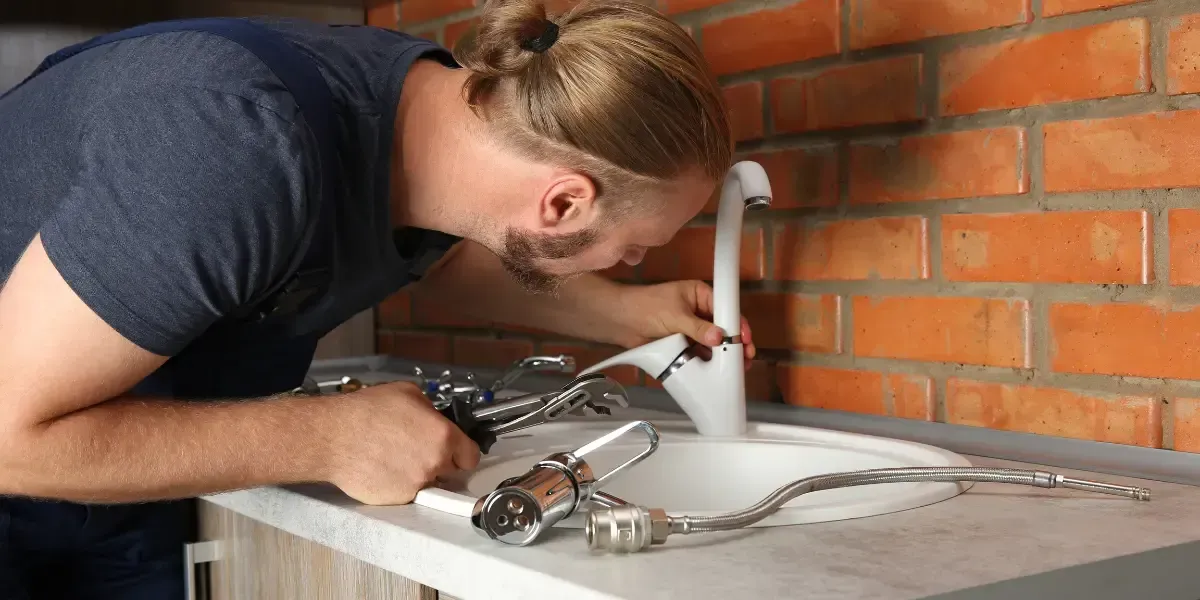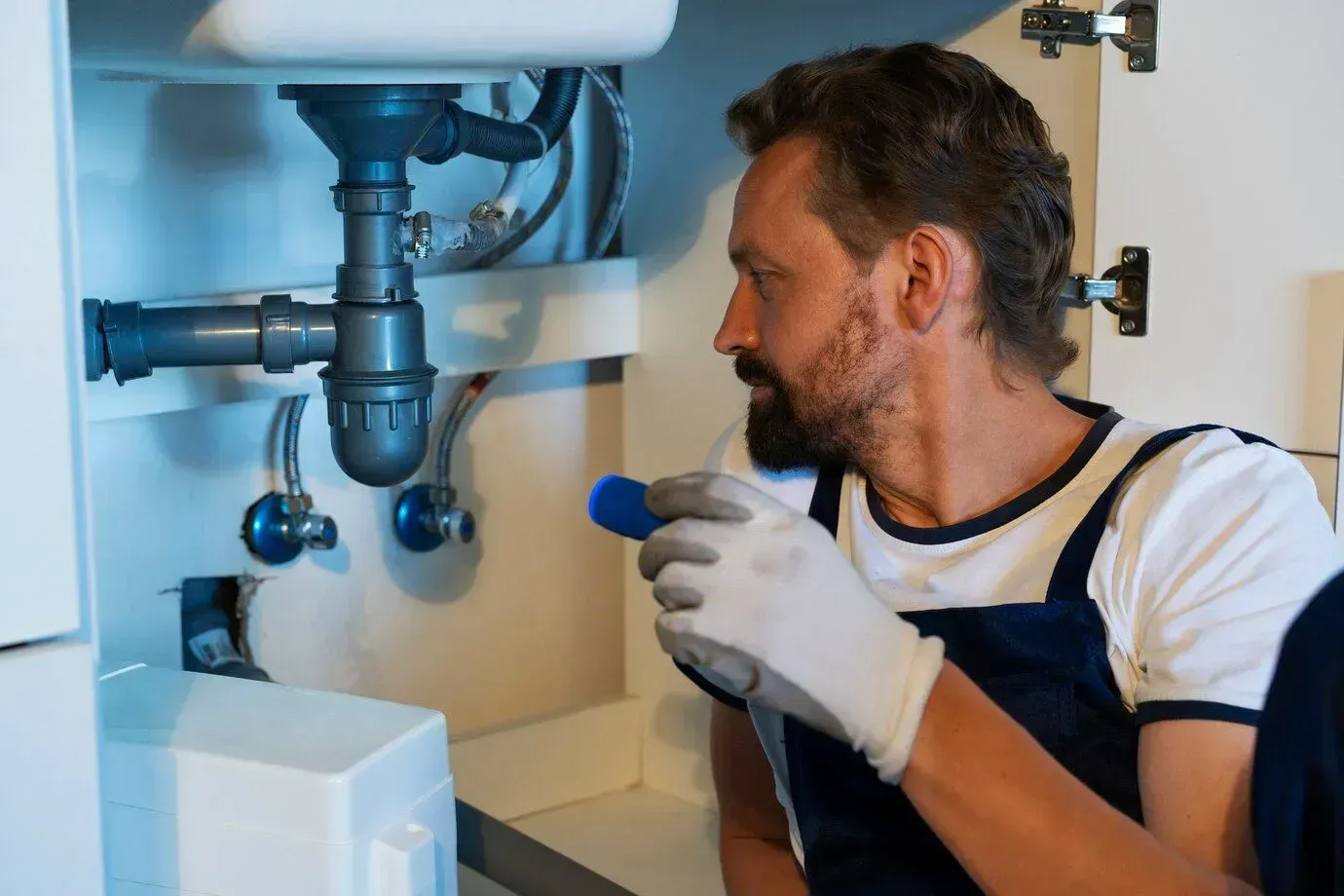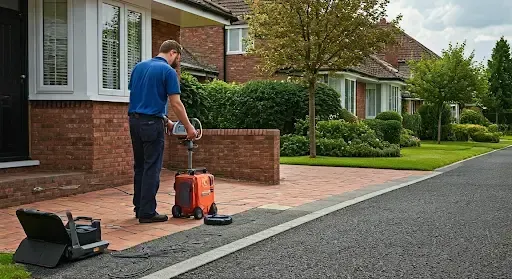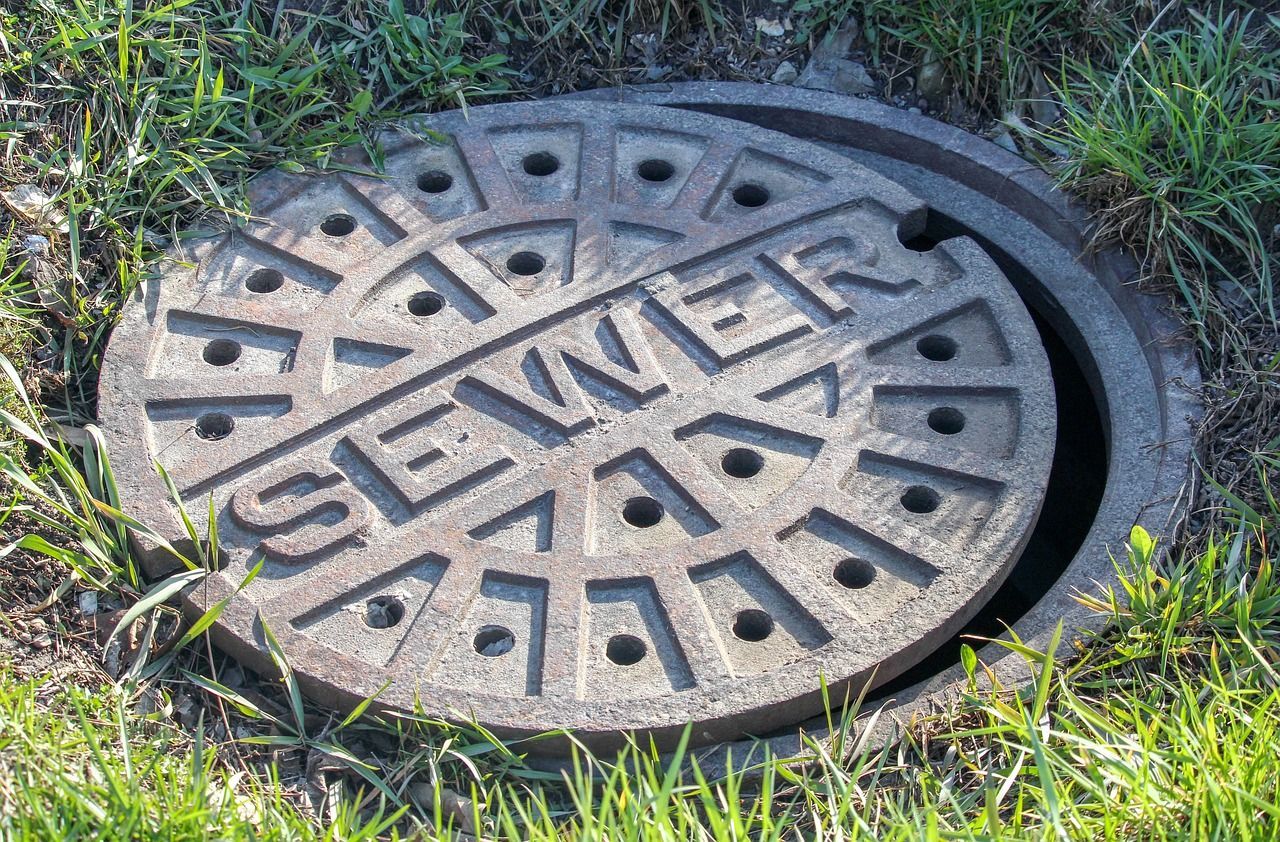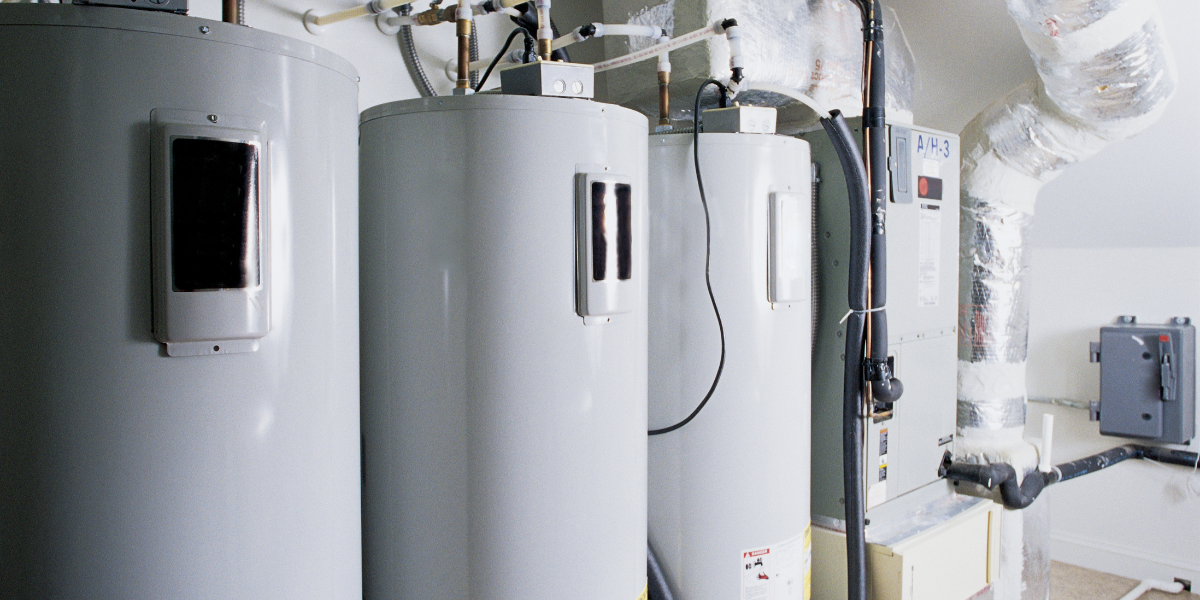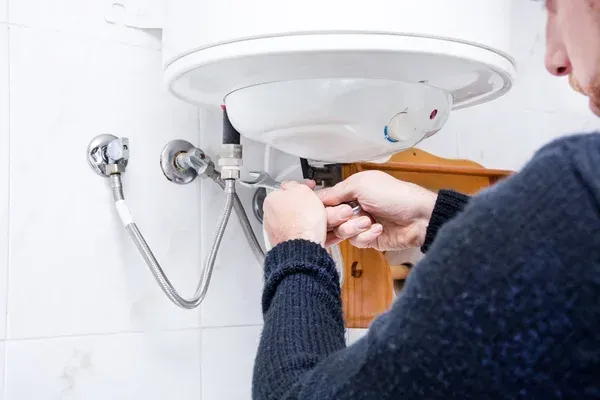Do I Need a Permit to Replace My Sewer Line? Understanding Local Regulations
Replacing a sewer line is not a simple task. You may be asking, "Do I need a permit to replace my sewer line?" The answer is yes. Most cities need a permit for this type of work. Sewer lines are very important for the public sanitation system. Getting the right approvals makes sure the work is done safely and follows the rules.
In this article, we will explain why a permit is needed. We will show you what the process is like. We will also tell you why you should think about hiring experts like Mike's Plumbing & Rooter Service to do it for you.
Key Takeaways
- Regular drain cleaning is important to keep your plumbing system healthy and avoid expensive clogs.
- DIY natural cleaning methods, like using baking soda and vinegar, can help clear common drain problems.
- Throwing away kitchen waste properly, like grease and food bits, can help reduce drain issues.
- Using the right tools, such as drain snakes and plungers, can help get rid of tough clogs.
- Getting help from professional drain cleaning services may be needed for serious or repeated blockages.
Why Sewer Line Replacement May Be Necessary
Sewer line replacements may be needed for many reasons. Over time, pipes can break down because they are old, tree roots get into them, or the soil shifts. These problems can lead to blockages, leaks, and even serious sewer backups.
Common Reasons for Sewer Line Failure
- Aging Pipes: Old sewer lines, especially those made of clay or cast iron, can crack and rust easily.
- Tree Roots: Tree roots look for water and can grow into your sewer line. This can cause blockages or breaks in the pipes.
- Ground Movement: Changes in the ground from construction or natural events can make sewer pipes misaligned or cracked.
Warning Signs: It’s Time for a Replacement
- Regular backups or blockages
- Bad sewage smells near your home
- Water gathering in strange places
Understanding What a Sewer Line Permit Is
A sewer line permit is permission from your local government. It lets you repair or replace your sewer line. This permit makes sure the work meets local building rules and environmental laws. This helps keep the public safe and healthy.
Permits usually come with rules on how the work must be done. They also need checks to make sure everything is set up correctly.
Do I Need a Permit to Replace My Sewer Line?
In most cases, you need a permit. When you replace a sewer line, it affects the public sewage system. Local authorities want to ensure the work is safe and follows local codes.
How to Check Local Regulations
To find out if you need a permit, check with your city or county's building department or public works office. Some places may let you do small repairs without a permit. However, complete replacements usually need one.
What Happens If You Don’t Get a Permit?
Skipping the permit process may seem easier at first, but it can cause big problems later. Here are some of the risks:
Risks of Not Having a Permit
- Fines: If you are caught doing work without a permit, you might face a large fine.
- Legal Consequences: Doing work without permission may break local laws and lead to legal problems.
- Insurance Issues: Your homeowner’s insurance may not pay for damages from unpermitted work.
- Future Sale Complications: If you want to sell your home, and the new buyers find out about the unpermitted work, it could hurt the sale or lower the value of the property.
How to Apply for a Sewer Line Replacement Permit
Getting a permit is usually simple. Here’s what you need to do:
- Contact Your Local Building Department: Find out what papers you need and give them to the office.
- Provide Details: You will need to share a plan that shows the work you will do and where the sewer line is.
- Pay a Fee: Permit fees change, but they are usually low.
- Schedule Inspections: After the work is done, a person will come to check that everything is correct.
Who Issues Sewer Line Permits?
Permits are normally given by the local building or public works department. This can be the city or county government, depending on where you live.
Role of the Public Works Department
In some places, the public works department plays an important role in giving permits for sewer line work. They manage the public sewage system and will check the work before they give final approval.
Inspections During and After the Replacement
Inspections are an important part of getting a permit. During and after the replacement, inspectors will check to make sure everything is done right and follows local rules.
When Inspections Typically Occur
- Pre-Digging Check: Before any digging starts, a person may come out to make sure everything is good.
- Last Check: Once the work is done, a last check will be made to ensure that the new sewer line is working well.
How Long Does It Take to Get a Permit?
The time to get a permit is different depending on where you are and how complex the project is. Some permits may be given in a few days. Others might take several weeks.
Tips for Speeding Up the Process
- Give all the needed documents at the start.
- Team up with a pro who knows how to handle the permit process.
The Cost of a Sewer Line Replacement Permit
Permit fees change a lot based on where you live and how big the project is. Usually, you will pay between $100 and $500 for a sewer line replacement permit.
Factors Influencing Permit Costs
- Location
- Project complexity
- Type of permit required
DIY vs. Hiring a Professional
Replacing a sewer line is not something you can do yourself. Special tools, knowledge of local laws, and the skills to go through the permit process are needed.
Why Hire Licensed Plumbers?
Licensed plumbers, like the team at Mike's Plumbing & Rooter, know the local rules. They make sure the job is done right the first time. They will take care of everything. This includes digging and handling permits. You will not need to worry about the details.
Avoiding Common Sewer Line Replacement Mistakes
One of the biggest mistakes homeowners make is not realizing how important permits and inspections are. Making a plan and working with experienced people can help you avoid expensive mistakes.
What to Look Forward to During the Sewer Line Replacement Process
Sewer line replacements usually take a few days up to a week. This depends on how big the project is. During this time, your plumber will remove the old line and put in a new one. They will also plan inspections that are needed.
How Mike's Plumbing & Rooter Service Can Help You
When you need to replace a sewer line, Mike's Plumbing & Rooter has the skills and knowledge to make it easy for you. They will handle the permit application and ensure all work follows local rules. They will finish the job quickly and well.
Choosing
Mike's Plumbing & Rooter means you pick a team that cares about you. Their skilled workers understand the plumbing field well. They are dedicated to providing great help.
Conclusion
Permits for replacing sewer lines are more than just government formalities. They are needed to keep your plumbing safe and working well. If you have a broken pipe or want to improve an old system, it’s best to hire a professional plumber. They can help you with the permit process.
Mike's Plumbing & Rooter is here to help you. They will assist you in getting the permit and finishing the installation. With their skills, you can feel relaxed. Your sewer line replacement will be done correctly.
If you need expert help with your sewer line replacement, don’t wait! Call Mike’s Plumbing & Rooter Service today at (707) 953-2371 to schedule a consultation. Let our licensed professionals handle the hard work so you can enjoy peace of mind.
Frequently Asked Questions
How do I know if I need a permit for sewer line replacement?
Check with your local building office or public works. Most full replacements will need one.
What happens if I don’t get a permit?
You may get fined, have legal problems, and face issues with your insurance or when selling your home.
How much does a sewer line replacement cost?
Costs vary, but on average, you will need to pay between $100 and $500 for the permit.
Can I replace my sewer line myself?
It's not a good idea. Replacing sewer lines needs skill and special tools.
How long does a sewer line replacement take?
Most projects need a few days up to a week. It depends on how complex they are.

